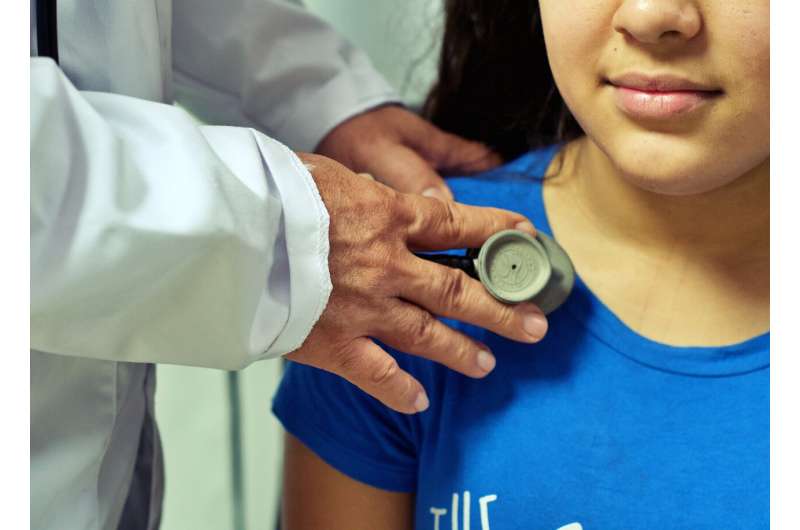Physical Activity May Help Slow Cognitive Decline in Older Adults

Regular physical activity over the years can significantly slow cognitive decline in older adults, potentially delaying dementia onset and promoting independence. A large study from the University of Georgia highlights the importance of consistent exercise routines for brain health.
Maintaining an active lifestyle is crucial not only for general health but also for brain health. A recent study from the University of Georgia has highlighted that consistent physical activity over the years can significantly reduce the speed of cognitive decline among older adults. The research analyzed data from over 13,000 individuals aged 50 and above, revealing that those who engaged in regular physical activity experienced a slower rate of cognitive deterioration.
The study emphasizes that longer and more frequent engagement in physical activities, whether vigorous like running and jogging or moderate such as gardening, dancing, or stretching, is associated with these protective benefits. Importantly, even small changes, like exercising once a week instead of less frequent activity, can make a meaningful difference over time. Increasing physical activity from minimal weekly sessions to more consistent routines could delay the onset of dementia and promote independence among aging populations.
The researchers utilized data from the nationally representative Health and Retirement Study, where participants self-reported their activity levels and intensity. The findings advocate for encouraging sustained and regular physical activity as part of public health strategies to enhance cognitive health in aging populations. Supporting individuals to develop and maintain long-term exercise habits—through medical guidance and realistic goal setting—may be a vital approach to reducing dementia risk.
In conclusion, the message to older adults is clear: staying active, even at modest levels, can have lasting benefits for brain health and overall well-being. Promoting continuous physical activity should be a priority in both clinical practice and health policies to foster healthier aging.
Stay Updated with Mia's Feed
Get the latest health & wellness insights delivered straight to your inbox.
Related Articles
Improving Reading Speed in Children with Dyslexia Through Sensory-Motor Activities
A novel sensorimotor and cognitive intervention significantly boosts reading speed and self-esteem in children with dyslexia, offering promising benefits for early treatment strategies.
Rising Temperatures and Humidity Significantly Increase Emergency Room Visits for Heart Conditions
Rising temperatures and humidity levels significantly raise the risk of emergency room visits for heart conditions, especially in vulnerable populations. A new study emphasizes the importance of climate-aware health policies.
Research Reveals Gaps in Health Monitoring for Children on Antipsychotic Medications
A new study finds that children prescribed antipsychotics in Australia receive inadequate health monitoring, raising concerns about metabolic and hormonal risks during critical developmental periods. Improved systemic checks are urgently needed.



